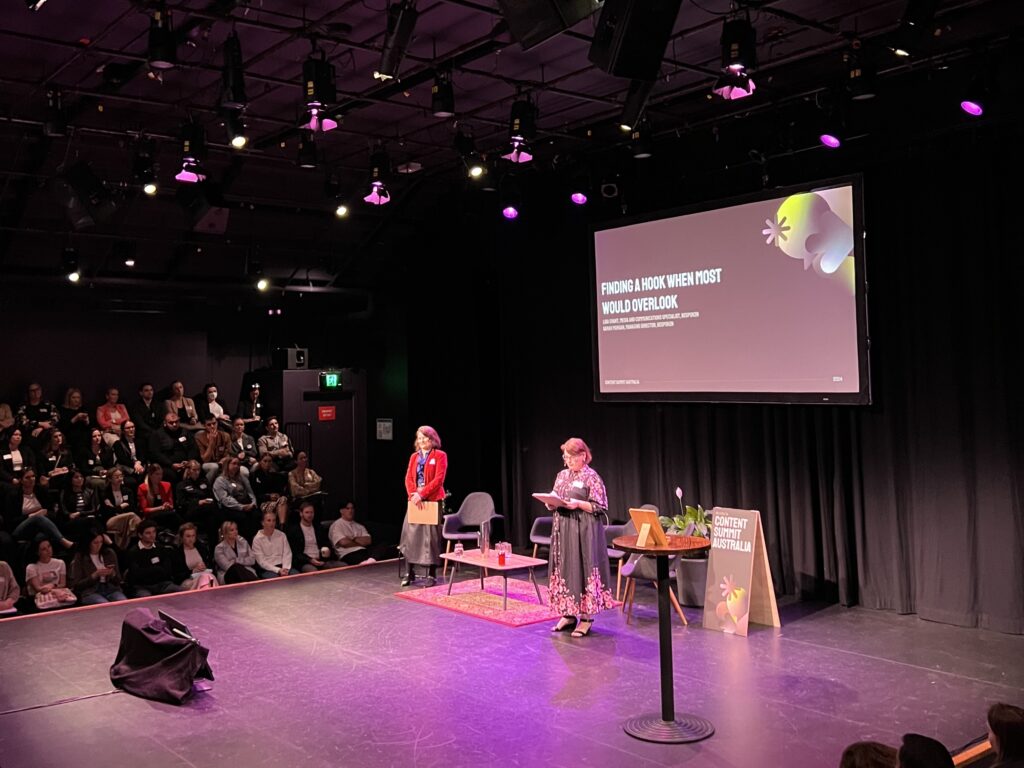When it comes to pitching a story to journalists and wider media, there’s one question we get asked more often than not. And it’s this: “Do you have a case study we can interview?”
Whether we’re talking about the latest innovations in agtech or changing trends in employment contracts, journalists almost always want to put a face or at least a name to their piece. So if you have one ready to call on, you’ll greatly enhance your chances of coverage.
And it all comes down to relatability and ongoing relevance.
As a general rule, most newsy stories (feature stories are a different story) find their angle in something ‘new’. Think fresh facts or figures, emerging trends or the results of a deep dive into data. Things like rising interest rates, falling property prices, ongoing shortages in certain types of food or the latest crime statistics broken down into suburbs.
But from a reader perspective, that angle isn’t enough. They also want to know what the tangible, real-world impact of that news has been or will be. Will it hurt their household budget? Will it make childcare unaffordable? Should it deter them from moving to a certain suburb?
And that’s where a case study comes in. Because it’s through real people and real lives that readers can tap into this context with real-world or lived experience to complement facts, figures and expert commentary. Interest rates are a good example.
Most people know the Reserve Bank of Australia has just raised interest rates (again) by 0.5%. And that piece of news was the focus of the first cabs off the rank story wise. But then came the drill downs in search of context and relevance.
While consumer experts calculated how much extra people would need to pay monthly on an average mortgage, and economic experts talked about the implications for the Australian economy, ordinary families got real about what it would mean to have to find those extra funds.
So in short, case studies are about fleshing out important news to make it relatable and accessible to regular readers. And that’s why they’re important.
If you’d like help to tell your story, including finding great case stories, get in touch with Bespoken here.



